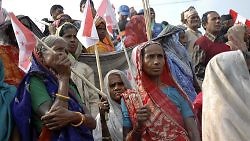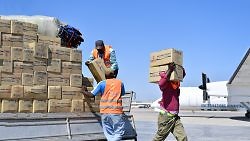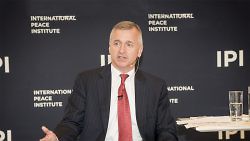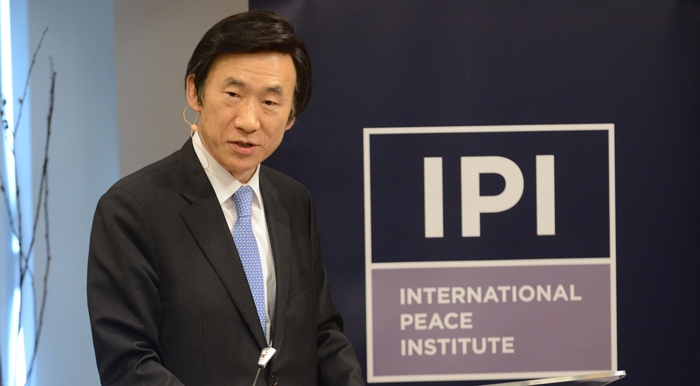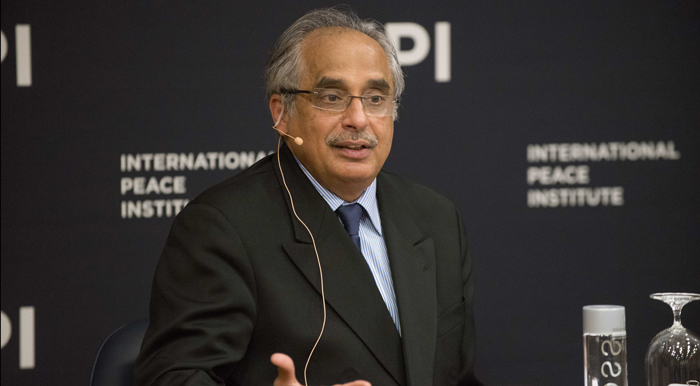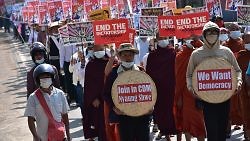
Since seizing power in a coup on February 1, 2021, Myanmar’s military has launched a violent crackdown against anti-coup protesters—a campaign of terror that may amount to crimes against humanity. With violence spreading, there are fears that the country is slipping toward full-scale civil war and state collapse. The international community has appeared almost powerless […]
Read more